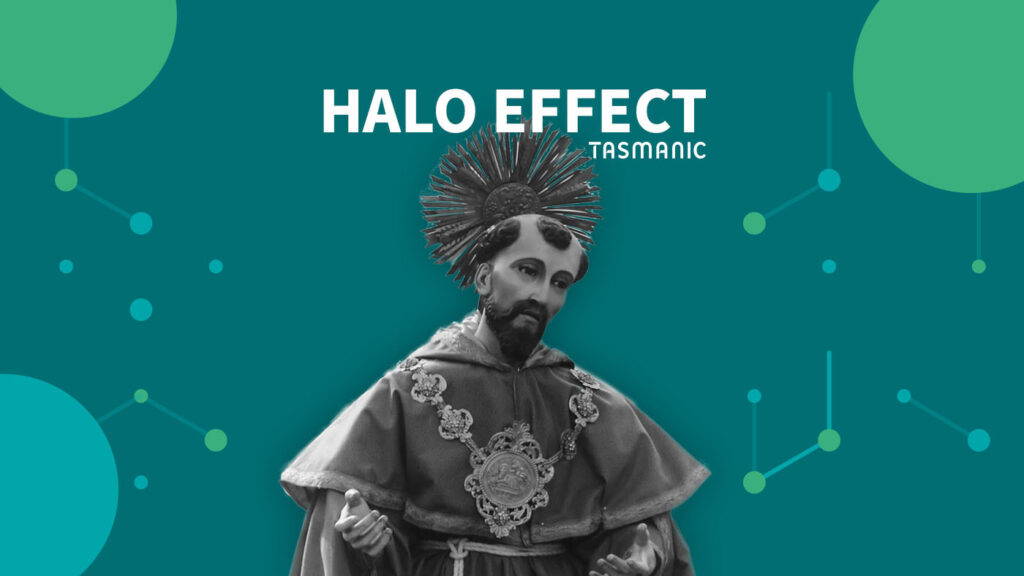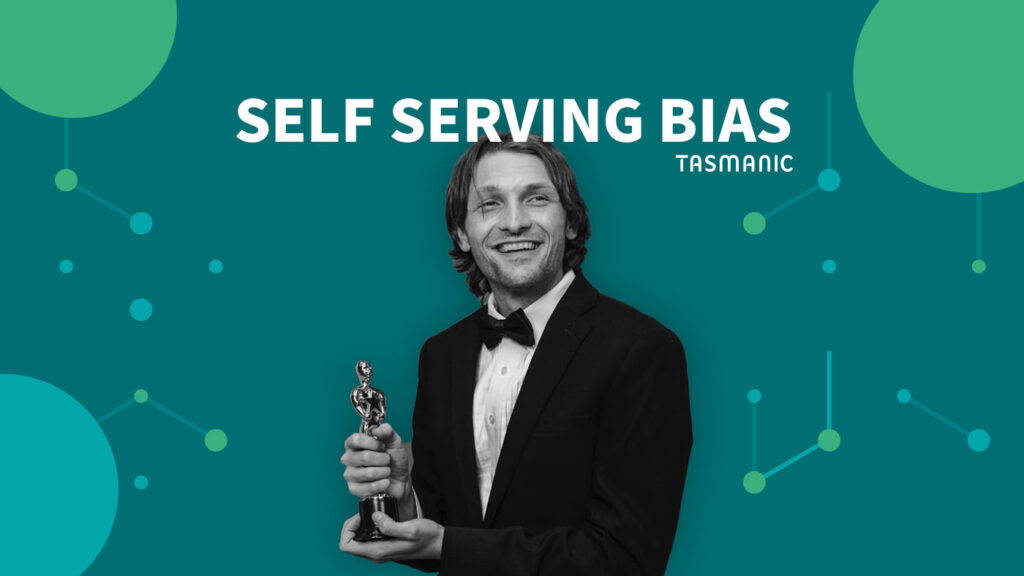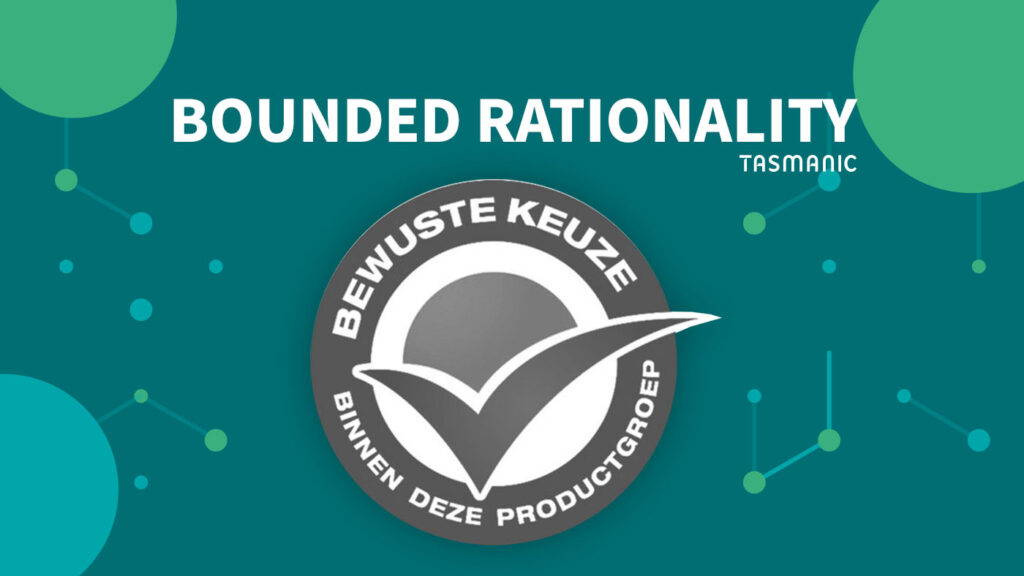
Last updated December 19, 2024
Introduction
"You never get a second chance for a first impression."
As an SME entrepreneur, this effect can increase your chances of success, but it can also create blind spots. In this article, we dive deeper into the nuances of the halo effect and how it affects your business decisions.
What is the Halo effect?
The Halo effect is a cognitive bias in which positive impressions of people, brands or products in one area positively influence our feelings in another area (Thorndike, 1920).
Our perception of one quality leads to a biased assessment of other qualities. We form judgments without having legitimate reasons for doing so. If someone is good at A, he/she must also be good at B and C, even though B and C may have nothing to do with A at all. We judge something or someone based on one characteristic. Several factors can cause the Halo effect, but a person's attractiveness is one of the most common factors. This includes characteristics such as weight and hair color, which thus influence our perceptions about someone's success and personality, for example (Wade & DiMaria, 2003).
The name "halo" refers to the positive light we shine on people or things, based on certain visible qualities. Because of their apparent "halo" qualities, we are likely to overestimate the value of this thing or person. Because of the Halo effect, we no longer think critically about opportunities and threats, we miss important points and we can no longer judge people objectively.
The opposite of the Halo effect is the Horn effect, in which a negative impression of something or someone also creates a negative expectation in other areas (Thorndike, 1920).
How does the Halo effect occur?
When we try to form an opinion about someone, we do so based on what we already know, and we fill in the rest ourselves with what fits. This is quick, but not objective. We like it when the new information confirms our existing beliefs, just like the confirmation bias. And by having to base our final judgment on only one aspect, we can decide faster, and our lazy brain likes that.
Practical examples
- Someone looks chic and neatly dressed, then this must be a neat and well-mannered person.
- A carton of eggs says "organic. Then the chickens must be well cared for and the eggs are worth paying more for (Schouteten, Gellynck & Slabbinck, 2019).
- The doctor thinks the patient looks healthy, so this patient will be fine. However, without further examination, you can never be 100% sure.
- An attractive person is more likely to be invited to a job interview because it is assumed that this person will then also be intelligent or a good match.
- True Apple fans do want to buy everything from Apple, because their enthusiasm about the iPhone spills over to other products as well.
How can you apply the Halo effect?
As an entrepreneur, you can use the Halo effect to your advantage in many areas:
- First impressions can be all-important. Therefore, make sure you have a user-friendly website with a professional design. A poor first impression, such as a long load time, can cause a customer to not come back to you. Extra important for smaller businesses because they don't have the budget to run large advertising campaigns.
- Popular celebrities and influencers do well in TV commercials and other advertising. Their good image influences the product being promoted. This can also be used by smaller companies by linking local celebrities to your business, for example.
- Make sure your brand has a positive image. As a result, consumers are more inclined to think that your products/services must be good, so they are more likely to make a purchase.
- Create a stunner of a first product, because then customers will expect all your other products to be good too.
- Organize your customer service well so that customers are served quickly and well.
Be aware that you yourself are susceptible to the halo effect. Do you have an applicant who may be suitable for a position? Then try to draw up objective factors in advance on the basis of which you will judge qualities. For example, has someone demonstrated success in previous positions?
Resources
Schouteten, J. J., Gellynck, X., & Slabbinck, H. (2019). "Influence of organic labels on consumer's flavor perception and emotional profiling: Comparison between a central location test and home-use test." Food research international (Ottawa, Ont.), 116, 1000-1009.
Thorndike, E.L. (1920). "A constant error in psychological ratings." Journal of Applied Psychology, 4(1), 25-29.
Wade, T.J., DiMaria, C. (2003). "Weight Halo Effects: Individual Differences in Perceived Life Success as a Function of Women's Race and Weight." Sex Roles 48, 461-465.
Are the results from your online marketing disappointing?
Request our no-obligation performance scan and we'll tell you where you're going wrong.

















 Team
Team FAQ
FAQ Vacancies
Vacancies Contac
Contac AWR
AWR Ahrefs
Ahrefs Channable
Channable ContentKing
ContentKing Leadinfo
Leadinfo Optmyzr
Optmyzr Qooqie
Qooqie Hubspo
Hubspo Semrush
Semrush




